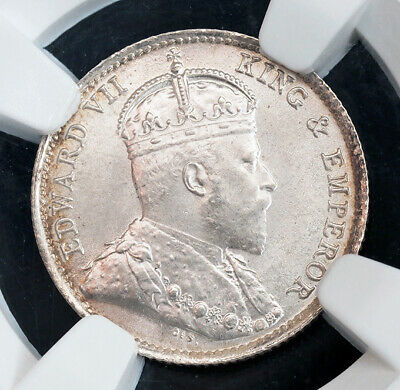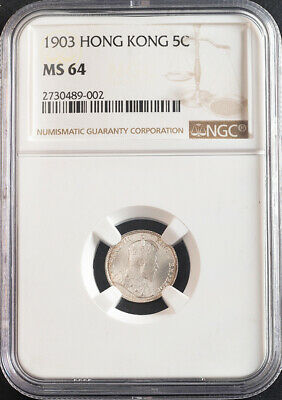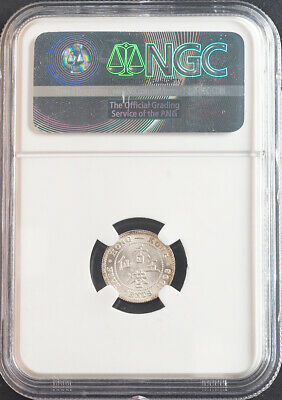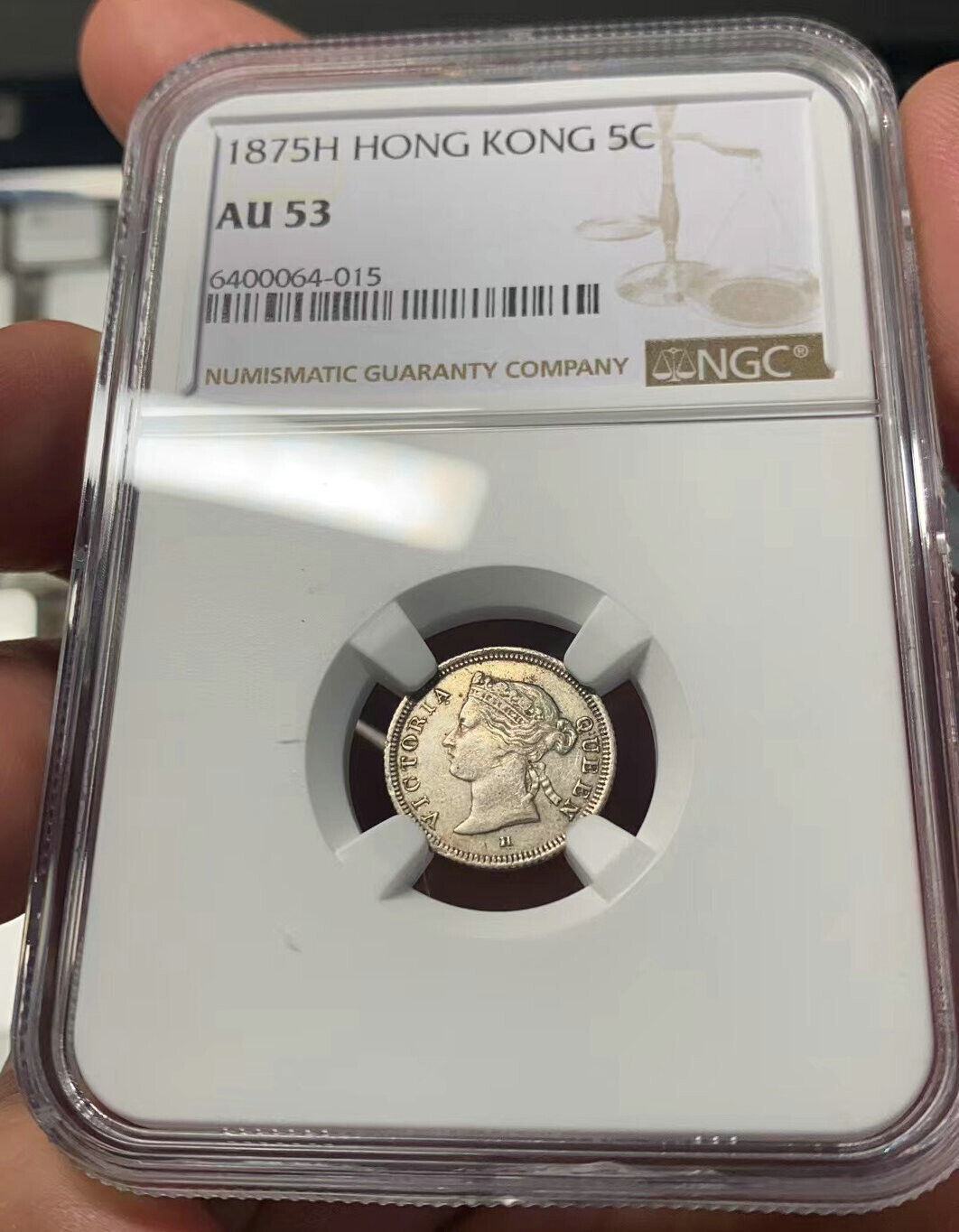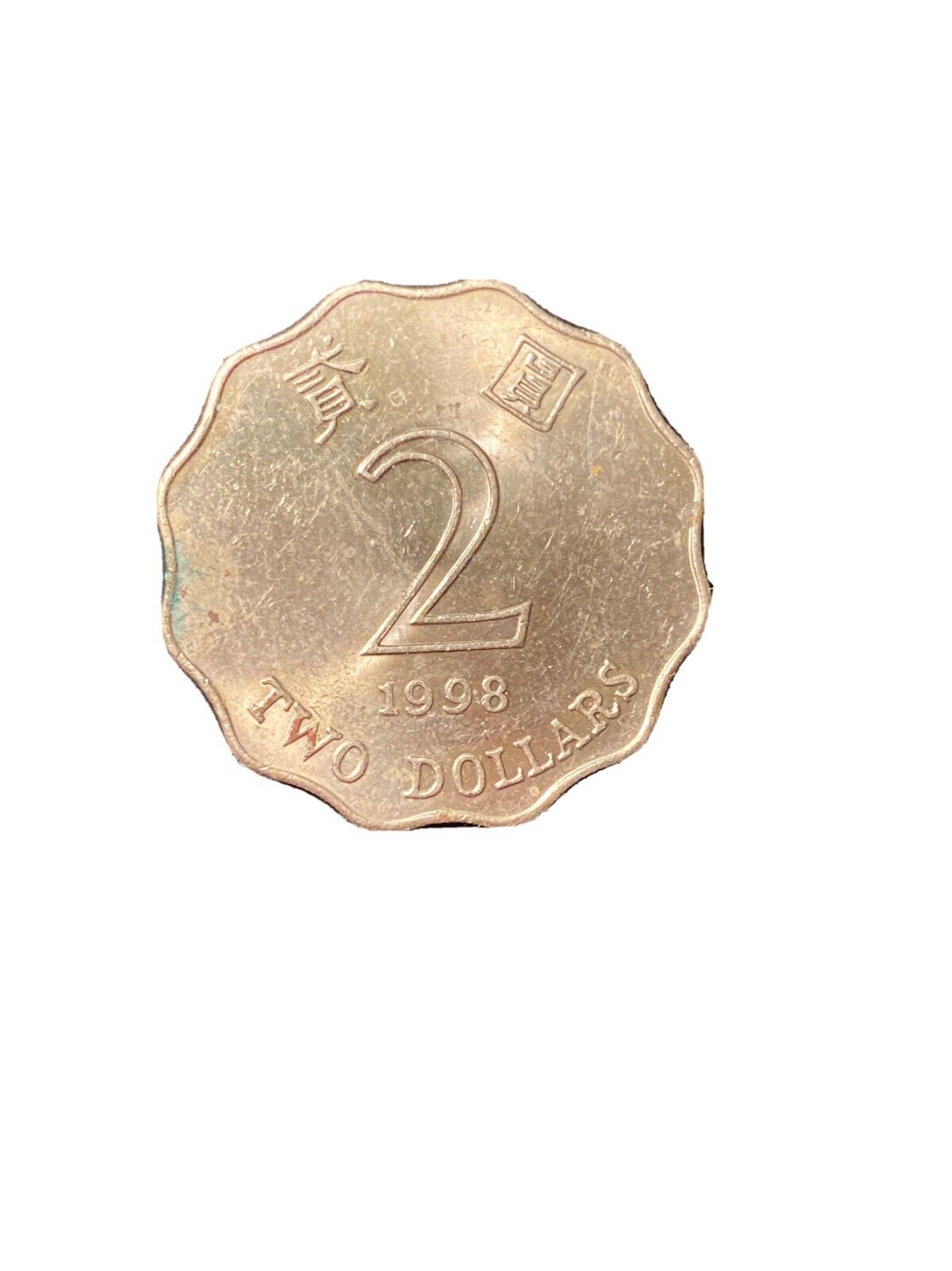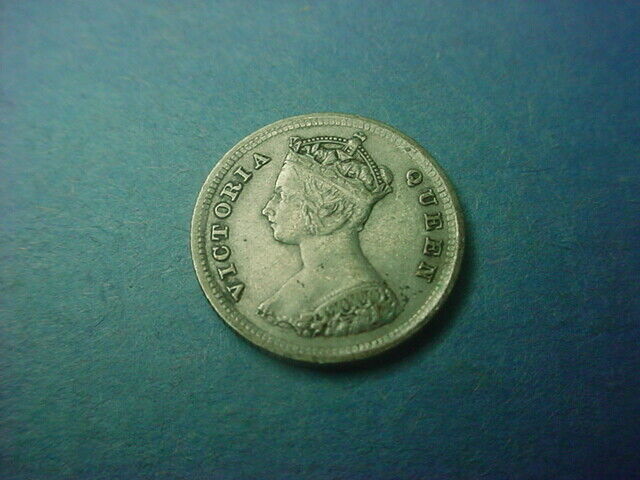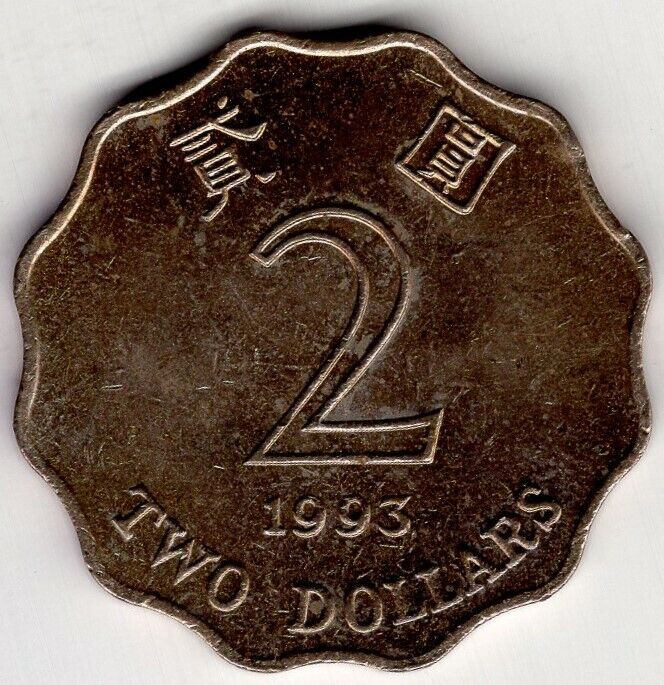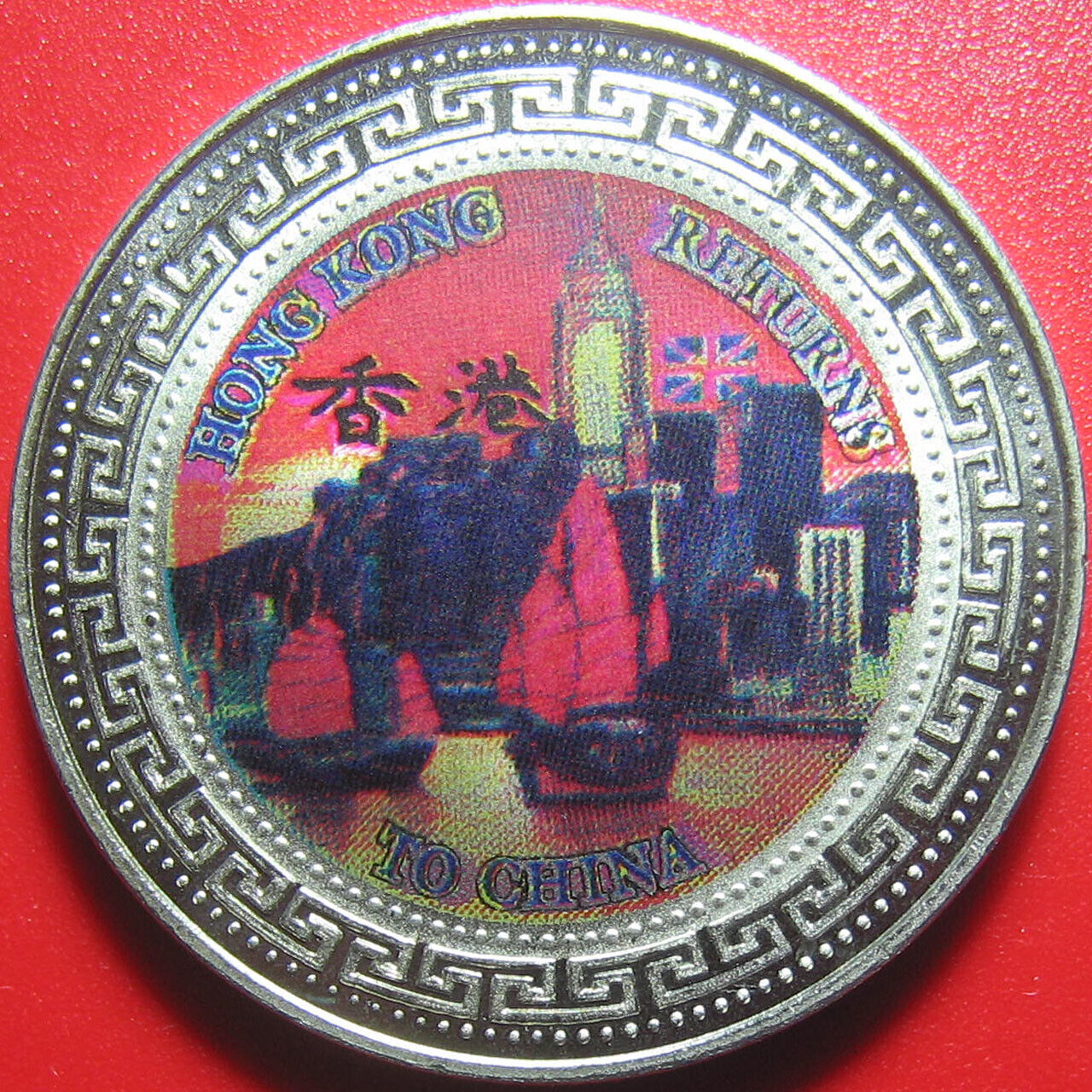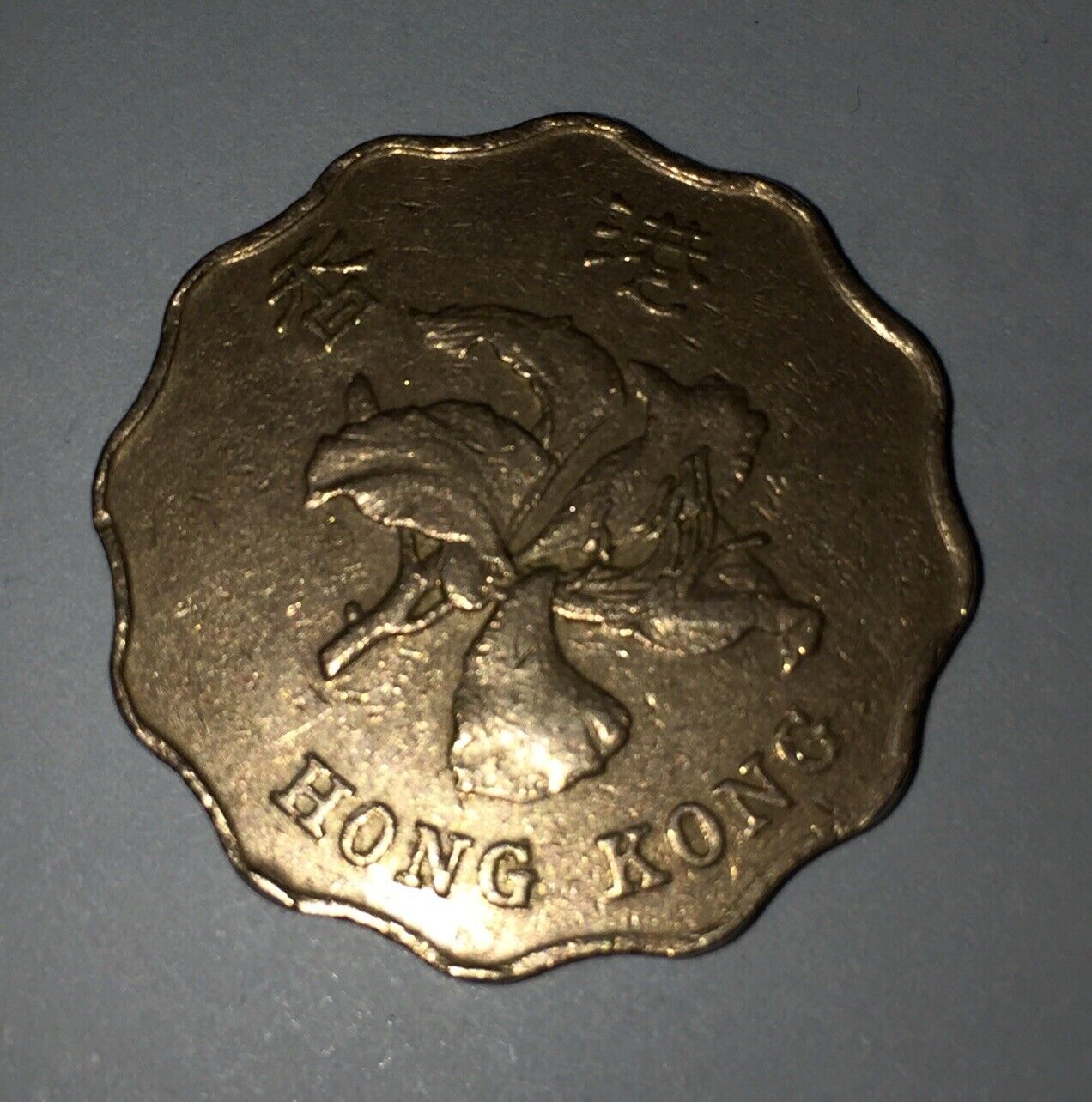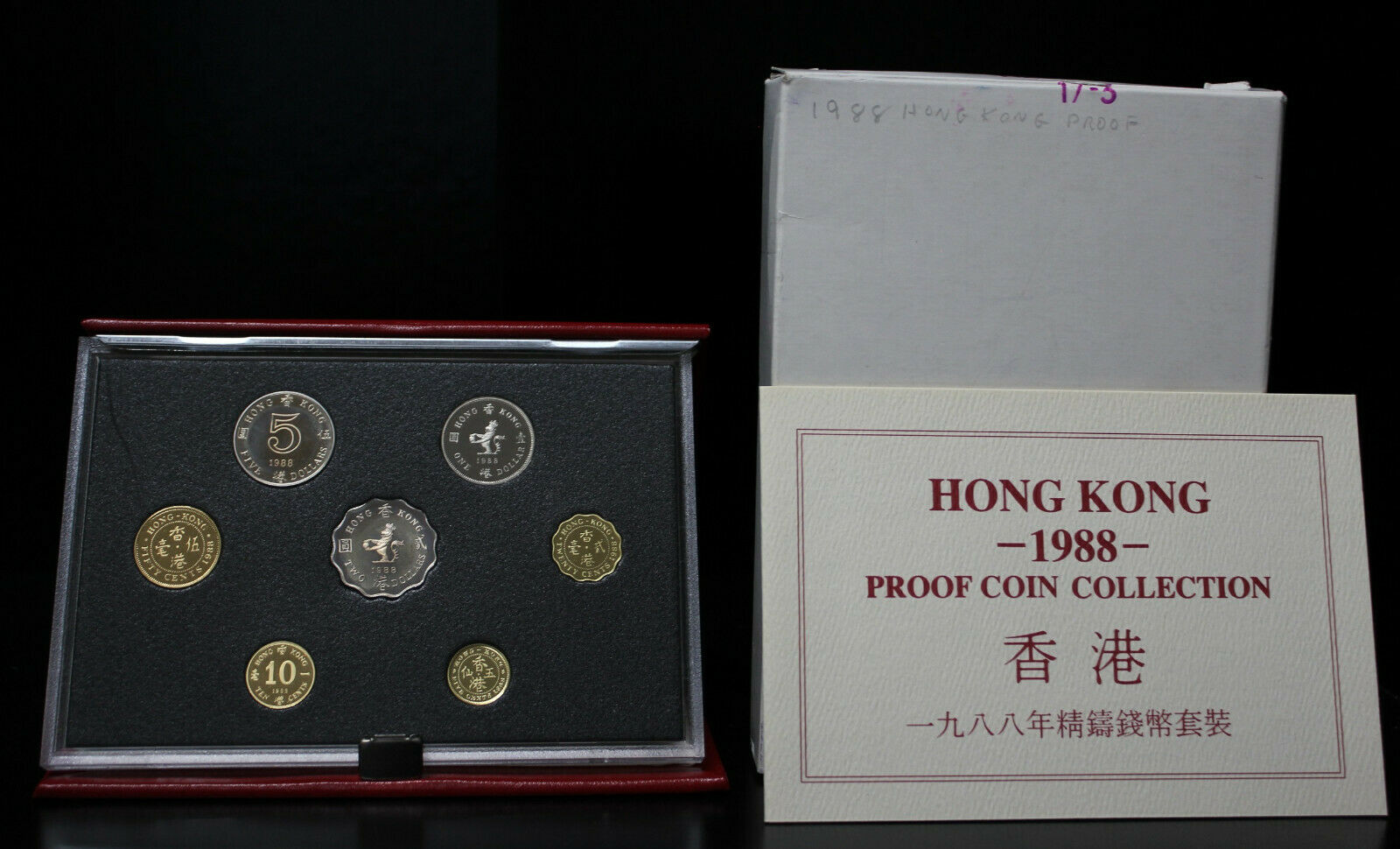-40%
1903, Hong Kong (British Admin.), Edward VII. Silver 5 Cents Coin. NGC MS-64!
$ 93.8
- Description
- Size Guide
Description
CoinWorldTV1903, Hong Kong (British Administration), Edward VII. Silver 5 Cents Coin. NGC MS-64!
Mint Year: 1903
Reference: KM-13.
Denomination: 5 Cents
Condition:
Certified and graded by NGC as MS-64!
Composition: Silver (.800)
Diameter: 15mm
Weight: 1.35gm
British Hong Kong
refers to Hong Kong as a Crown Colony and later, a British Dependent Territory under British administration from 1841 to 1997.
Authenticity unconditionally guaranteed
.
Bid with confidence!
George V
(George Frederick Ernest Albert; 3 June 1865 – 20 January 1936) was the first British monarch belonging to the House of Windsor, which he created from the British branch of the German House of Saxe-Coburg and Gotha. As well as being King of the United Kingdom and the other Commonwealth Realms, George was the Emperor of India and the first King of the Irish Free State. George reigned from 1910 through World War I (1914–1918) until his death in 1936.
From the age of twelve George served in the Royal Navy, but upon the unexpected death of his elder brother, Prince Albert Victor, Duke of Clarence and Avondale, he became heir to the throne and married his brother's fiancée, Mary of Teck (known as "May" to her family after her birth month). Although they occasionally toured the British Empire, George preferred to stay at home with his stamp collection and lived what later biographers would consider a dull life because of its conventionality.
George became King-Emperor in 1910 on the death of his father, King Edward VII. George was the only Emperor of India to be present at his own Delhi Durbar, where he appeared before his Indian subjects crowned with the Imperial Crown of India, created specially for the occasion. During World War I he relinquished all German titles and styles on behalf of his relatives who were British subjects; and changed the name of the royal house from Saxe-Coburg and Gotha to Windsor. During his reign, the Statute of Westminster separated the crown so that George ruled the dominions as separate kingdoms, preparing the way for the future development of the Commonwealth. His reign also witnessed the rise of socialism, fascism, Irish republicanism and the first Labour ministry, all of which radically changed the political spectrum.
George was plagued by illness throughout much of his later reign; he was succeeded by his eldest son, Edward, upon his death.
Only 1$ shipping for each additional item purchased!
